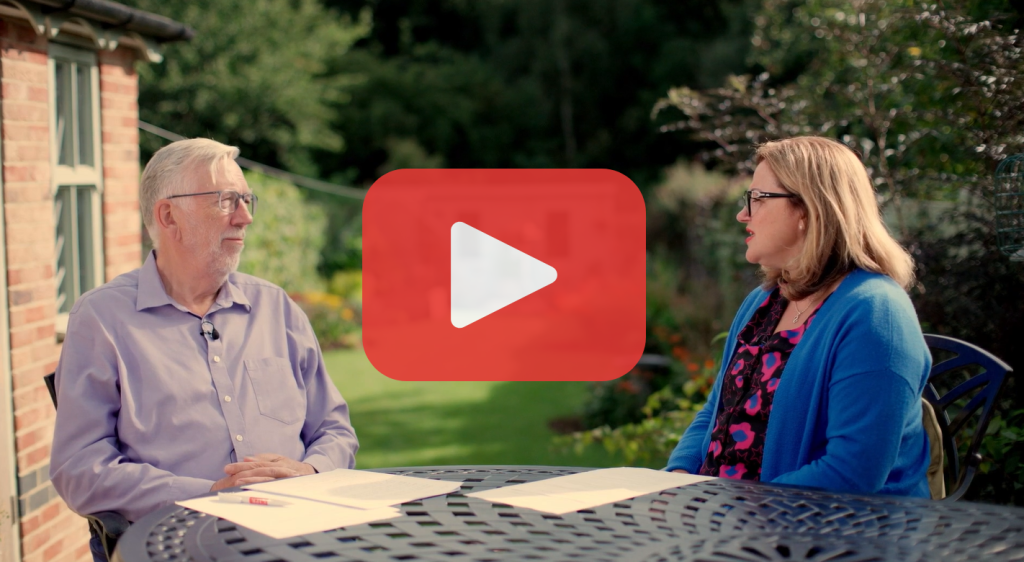Why truth is less damaging to reputation than obfuscation and denial

Following the recent news about the Lucy Letby case there has been much talk about ‘reputation management’.
Sarah Pinch, managing director of Pinch Point Communications, and Magnus Carter, non-executive director, discuss what this phrase really means for organisations.
Traditionally, ‘reputation management’ has been about changing or influencing the way people think about an organisation, by changing or influencing what they see or hear about it.
But we believe it has to go much further than this.
Genuine reputation management should always be about how you manage an organisation, to ensure that the things you say you do are the things you actually do.
Following the Lucy Letby case – the nurse convicted of murdering seven babies and attempting to kill six others – the former Downing Street chief of staff, Nick Timothy, wrote “too many institutions put their reputation ahead of the public”.
What the Letby case exposed, is that some people appeared more concerned with the image of the hospital trust, than they were about patient safety. And as soon as ‘brand image’ becomes the priority, the reputation of that organisation is lost.
Reputation management is not about ‘spinning’ issues, it is about facing into the reality of what has gone wrong. At Pinch Point Communications, we never recommend our clients bury problems, and neither would any good communications professional. But rather they face up to the truth.
Instead, you must understand the truth and be able to speak truth to those in positions of power.
At PPC, we have helped many organisations navigate times of change or crises. In some cases that involves advising clients to take very serious next steps.
Whether that is closing part of an organisation, terminating roles or reevaluating areas of their business.
Communications professionals are very often the conscience of an organisation and our role is sometimes misunderstood. We are the people saying ‘let’s look again at this and examine where the trouble truly lies’.
Communicators must have the confidence of the board, the chair, the chief executive or the headteacher, in order to ask the really challenging questions and speak truth to those in power.
In the end, truth will always be less damaging to reputation than obfuscation and denial.